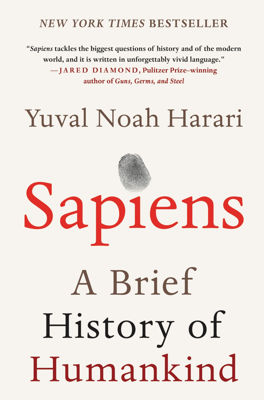The Marriage of Science and Empire
The chapter delves into the integral relationship between modern science and European imperialism. European explorers set out to conquer unknown territories by admitting their ignorance, a stance that posed both scientific and imperial interests as pursuits of new knowledge. This newfound knowledge aimed not only at territorial expansion but also at mastering the non-European world through scientific understanding.
Scientific Efforts in Colonial Expeditions
Scientific endeavors were deeply embedded in European colonial expeditions. Notable expeditions, like that of James Cook to the Pacific and Charles Darwin on the HMS Beagle, were primarily aimed at scientific discovery yet also facilitated imperial control by charting new territories. These expeditions, filled with scientists, artists, and other specialists, such as the Cook expedition to observe the transit of Venus, often led to significant scientific, political, and ecological outcomes— from astronomical discoveries to the claiming and colonization of new lands like Australia.
Effects on Conquered Territories
European empires, unlike their predecessors or contemporaries, harnessed the acquisition of new knowledge to justify and enhance their imperial endeavors. Essentially, empires were built on a foundation of scientific exploration which enabled the rulers to understand their territories better than the native populations themselves. This superior knowledge facilitated effective governance and exploitation, illustrated by instances like the British mapping of India or the rediscovery of ancient Indian civilizations, such as the Indus Valley, previously unknown to Indians themselves.
The Intertwining of Science and Imperial Ideology
Europian imperialists often provided ideological justification for their expansions through the lens of scientific progress, helping conquer and sometimes decimate local populations. The ideologies were supported by pseudo-scientific theories on race and superiority, which claimed that Europeans had a natural disposition for rule and technological development. This also fostered the emergence of cultural superiority arguments in place of earlier racial theories, emphasizing cultural differences over racial ones in the modern era.
Science not only propelled imperial conquests by providing technological prowess and crucial geographical knowledge but also ingrained within European societies themselves the urge and justification for empire building. This dual nature of science as both a tool and beneficiary of imperialism highlights its complex role in shaping modern history and its responsibility in the colonial exploits of European powers.
Ultimately, science and empire grew intertwined, mutually reinforcing each other’s reach. The chapter argues that the advancement of European empires would have been considerably more challenging without the contributions from scientific fields, and similarly, many scientific disciplines owe their development, and sometimes their very inception, to the needs and ambitions of imperial powers. As the empires spread European methods of scientific inquiry and categorization across the globe, they laid a foundation not only for global dominance but also for the modern scientific enterprise.
